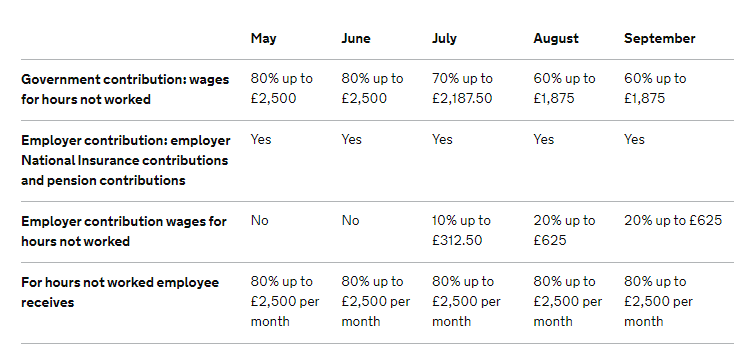Super deduction, are you making use of it?
/For expenditure incurred from 1 April 2021 until the end of March 2023, companies can claim 130% capital allowances on qualifying plant and machinery investments.
But what does that mean?
During this period, for every £1 that a company spends on qualifying assets, they will receive a £1.30 deduction from their taxable profit. That’s a tax saving of 25p for every £1 spent!
Why has this been introduced?
Making capital allowances more generous works to stimulate business investment. As a result, these measures can promote economic growth and counter business cycles. In short, this should give a much needed boost to the economy which has suffered greatly during Covid.
What can I claim it on?
The super deduction can be claimed on most new assets that would qualify for the existing 18% writing down allowances, which includes but is not limited to:
Computer equipment
Office chairs and desks
Vans
How much can I spend?
There is no limit on the super deduction.
What happens when I sell the asset?
When the asset is sold, the sales proceeds will be multiplied by 130% and added on to taxable profit to repay the relief on that proportion of the asset.
Does AIA still exist?
Prior to Super deduction being introduced, AIA allowed business to deduct 100% of a qualifying assets value from their taxable profit, up to a maximum limit, which is currently £1m.
AIA will exist alongside the new super deduction until 31st December 2021, this can be used for second hand assets as well as new. This means companies can benefit from a 130% deduction for new qualifying assets under Super deduction and a 100% deduction for second hand qualifying assets under AIA.
Should I invest in qualifying assets?
This is the most generous tax relief that has been given by UK government to companies in recent history and is one of the most competitive reliefs in the world. If you are considering investing in plant & machinery, now is most definitely the time to do it.
As always, discuss any purchasing plans with your accountant to ensure you understand the reliefs they qualify for before purchasing.























